Nest
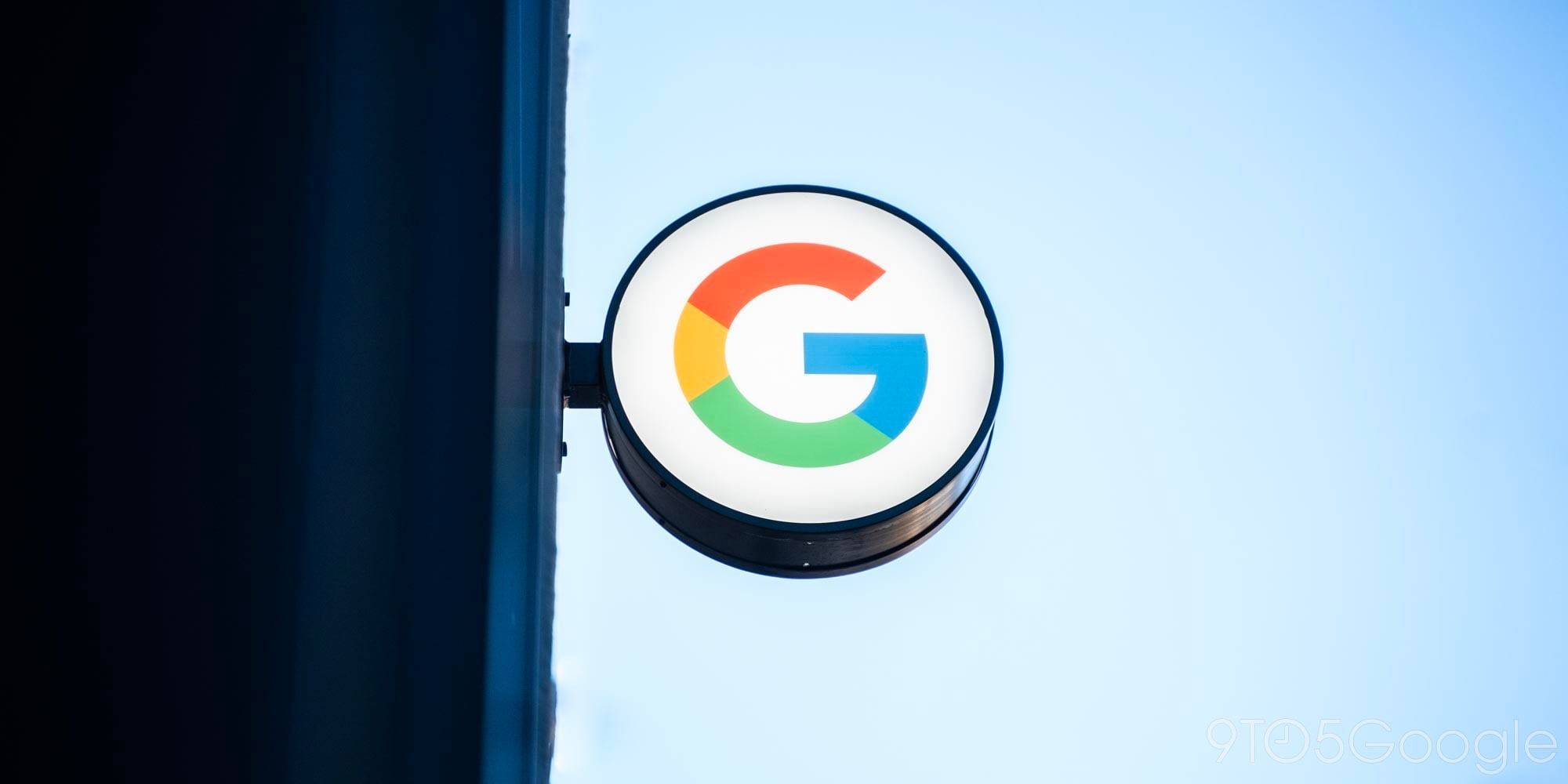
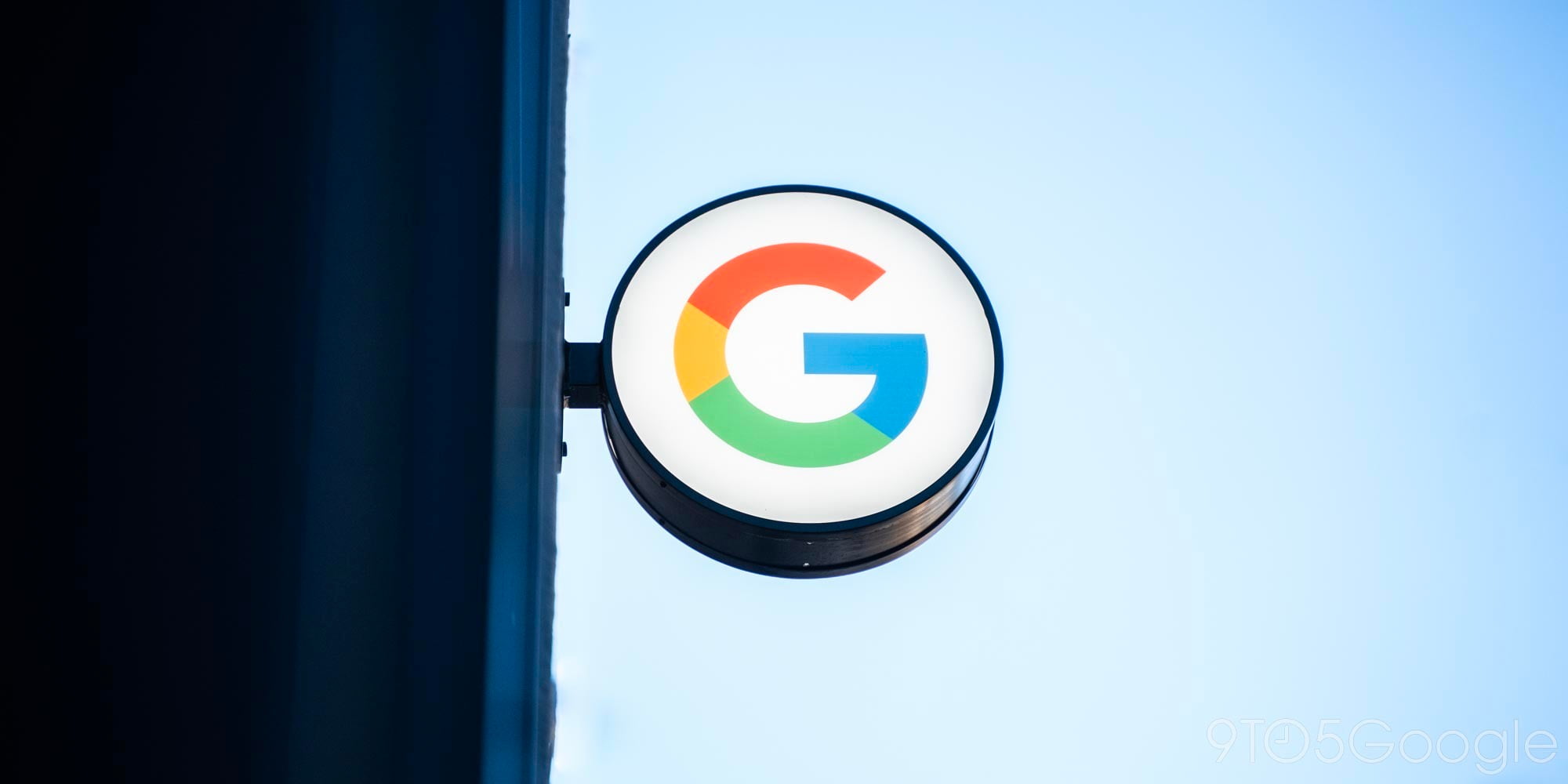
Alphabet-owned Nest is best known for its smart thermostat, but the company works on a number of devices which, albeit being generally good at their given task, do not communicate with each other particularly well. And that’s mostly due to the fact that said devices have always had a hard time detecting whether you are actually at home or not.
With the upcoming implementation of GPS support via the Nest app, however, it looks like your house is about to become decidedly more efficient – and smart…

Google might just be admitting a notable defeat in its battle with Amazon, with the latter company today saying that Nest thermostats will soon work with Alexa-powered devices. According to a report from Re/code, people familiar with the matter have said that Alphabet’s Nest unit explored the idea of building an Echo-like device at some point, but eventually came to the conclusion that customers wouldn’t be able to trust such a device that was built by the search engine behemoth…


Update: Nest has reached out to clarify that the location data mentioned in the report is that of their weather provider’s remote stations and not of customers’ homes. Zip codes sent out to get weather reports are now encrypted. This article has been updated accordingly.
Researchers at Princeton University have discovered that Nest thermostats transmitted unencrypted zip codes of its users. Nest has since fixed the issue. The broader study takes a look at numerous Internet of Things devices from well known manufacturers to determine their safety and find privacy vulnerabilities.


Nest owners have reported that their smart thermostats have stopped working and as a result many woke up to colder than normal temperature in their house and unresponsive completely dead Nests. The fault lies in a software update (version 5.1.3 or later) that was pushed out to devices in December that drains the battery and ultimately shuts down the device.
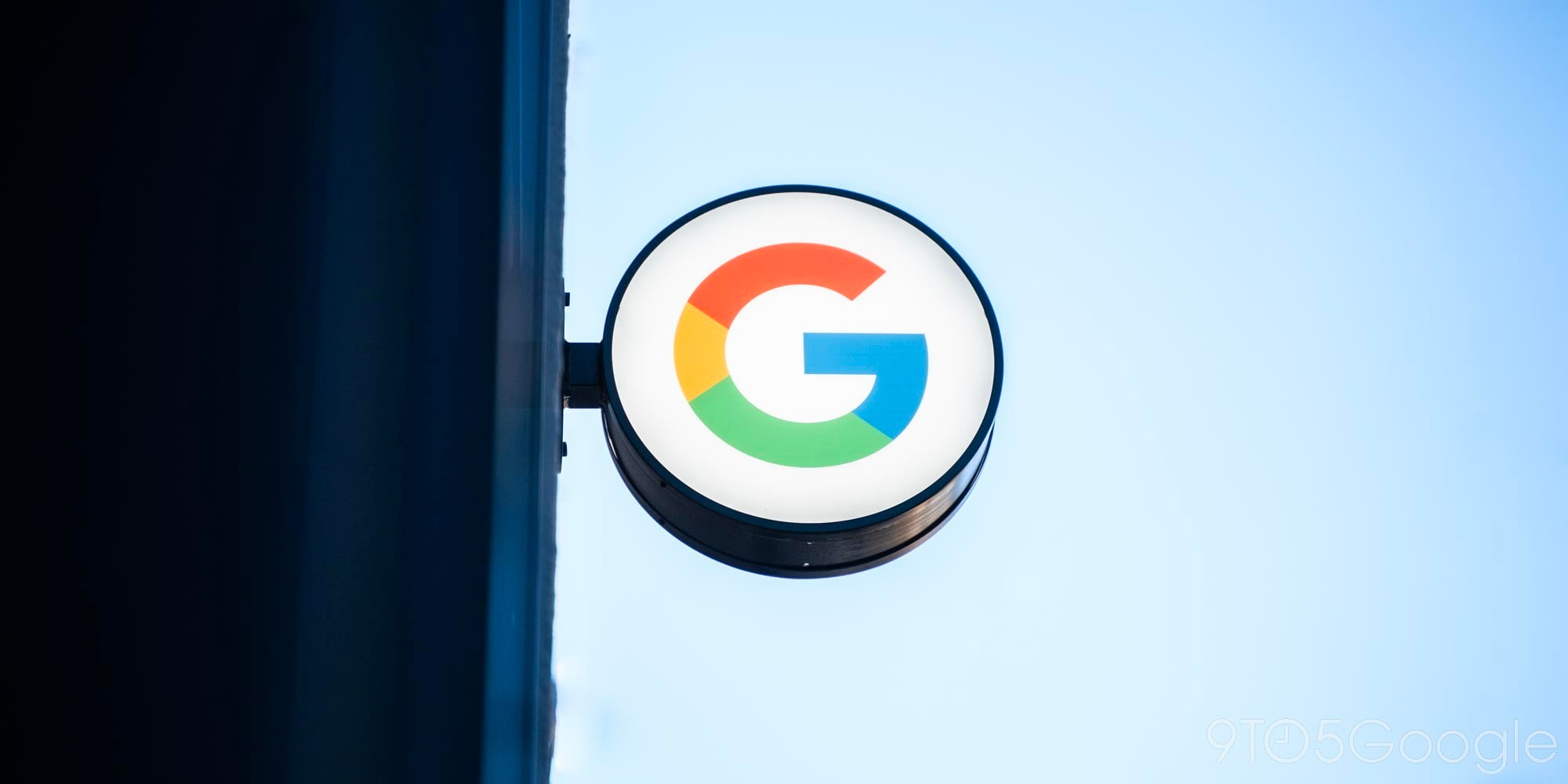

The Internet of Things will become an increasingly big deal as all consumer technology becomes connected to the web, and by extension one another. Google has several technologies including Brillo and Weave that take advantage of this ubiquitous computing trend. Announced at Google I/O earlier this year, Google is hosting a developer summit for developers focused around those topics. They announced the speaker list and opened registration today.


Black Friday brought some of the best Google-y deals we’ve seen this year, but the fun’s not over yet. Cyber Monday is now here, and — as usual — there are some great discounts to be found all across the web. We found some of the best Android picks earlier today, but here’s a bigger roundup of some of the best-of-the-best Cyber Monday deals you’ll find. For Google lovers and the not-so-Google lovers alike, you’ll almost surely find something in this roundup worthy of adding to your cart…
Expand
Expanding
Close


From 9to5Toys.com:
Starting later this week you can expect some notable Black Friday deals on Nest’s rarely discounted smart home accessories. Leaked ads and early sales from major retailers have given us a good idea of what types of deals to expect from Nest, but now we’ve received the full lowdown:

All of the discounts are set to go live starting Thanksgiving day at 5pm PT and run until November 30 at 11:59pm PT.
Follow 9to5Toys throughout Black Friday to get up-to-the-minute news on the best deals.
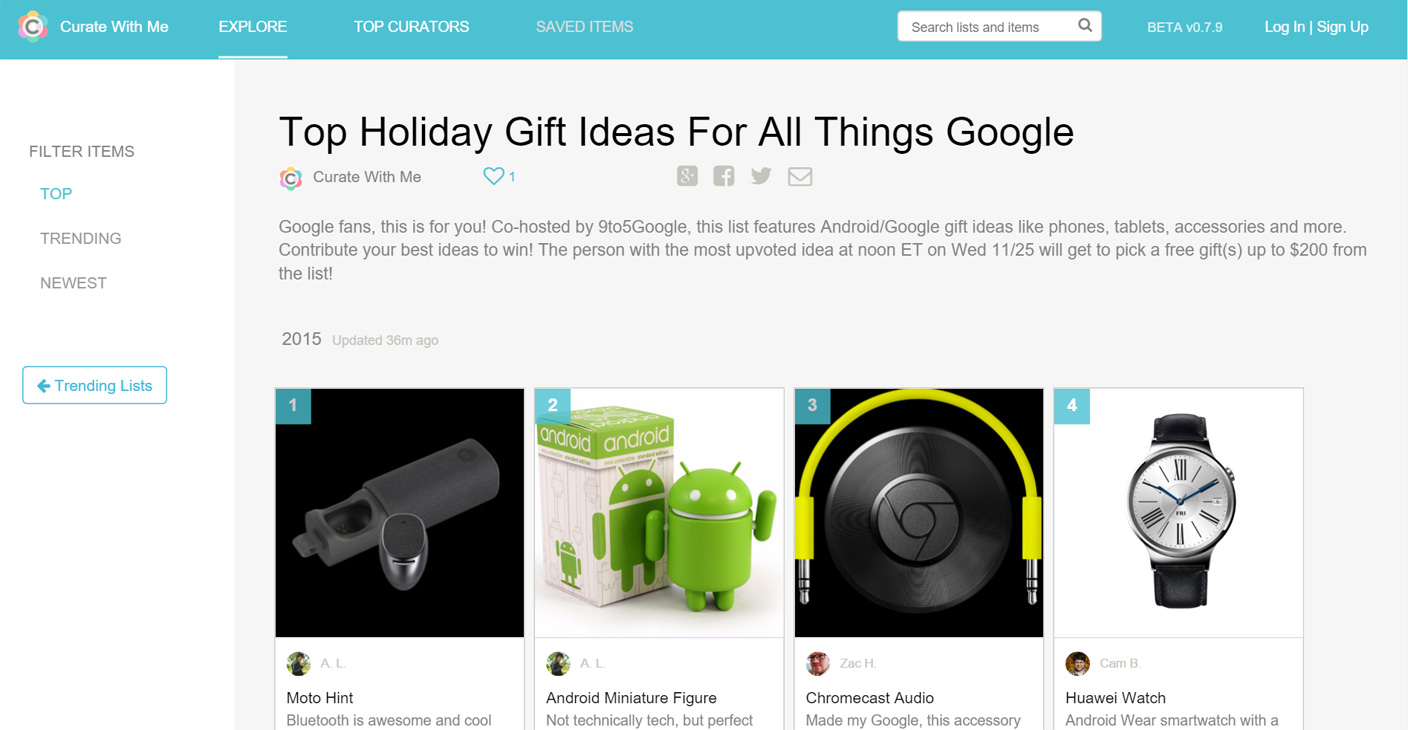
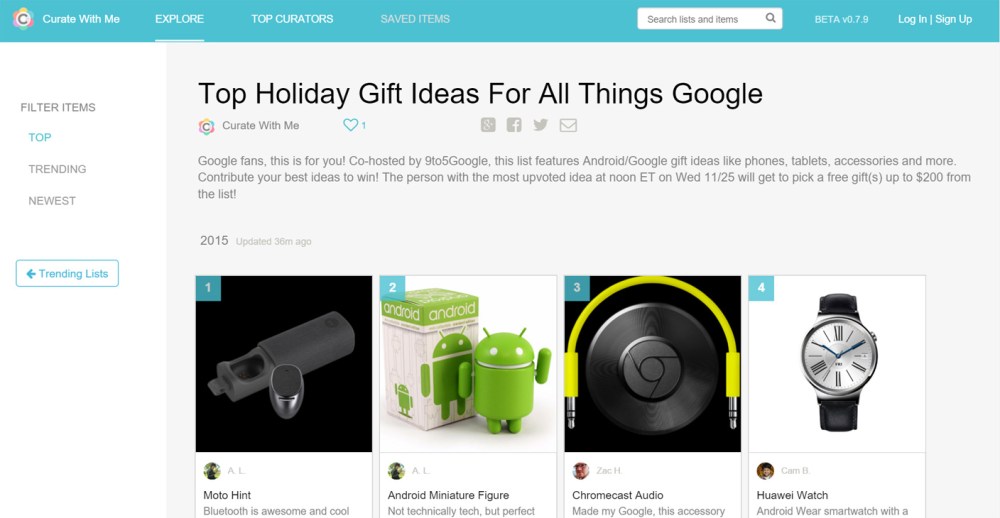
Human curation matters. We trust recommendations from friends and experts more than suggestions by the best computers. That’s why millions of people come to 9to5Google, 9to5Toys, and 9to5Mac each month to discover our product recommendations!
Product reviews are great if you know the exact product you want to buy, but they rarely cover all the best products in one place. That’s why Curate With Me is here — to connect you with curated lists of great products recommended by friends and experts.
Curate With Me helps you canvas categories of products, apps, and dining experiences that other people are recommending, combining the power of Reddit-style upvotes with Pinterest-like visuals. Lots of experts, including the 9to5Google team, are already creating Curate With Me guides. It’s a place where Android fans, beauty mavens, foodies, gamers, home decorators and everyone with product knowledge can come together to spotlight the best of everything!
Want a shot at winning this year’s best Google gift? Sign up for Curate With Me at this link and contribute ideas to our 2015 Top Holiday Google Gift Guide. After one week, the person who contributed the most upvoted item in the Guide will get to pick one or more items from the list (worth up to $200), courtesy of Curate With Me! So get curating right away to maximize your votes! More details are below…. (Update: Congrats, Eli M!)
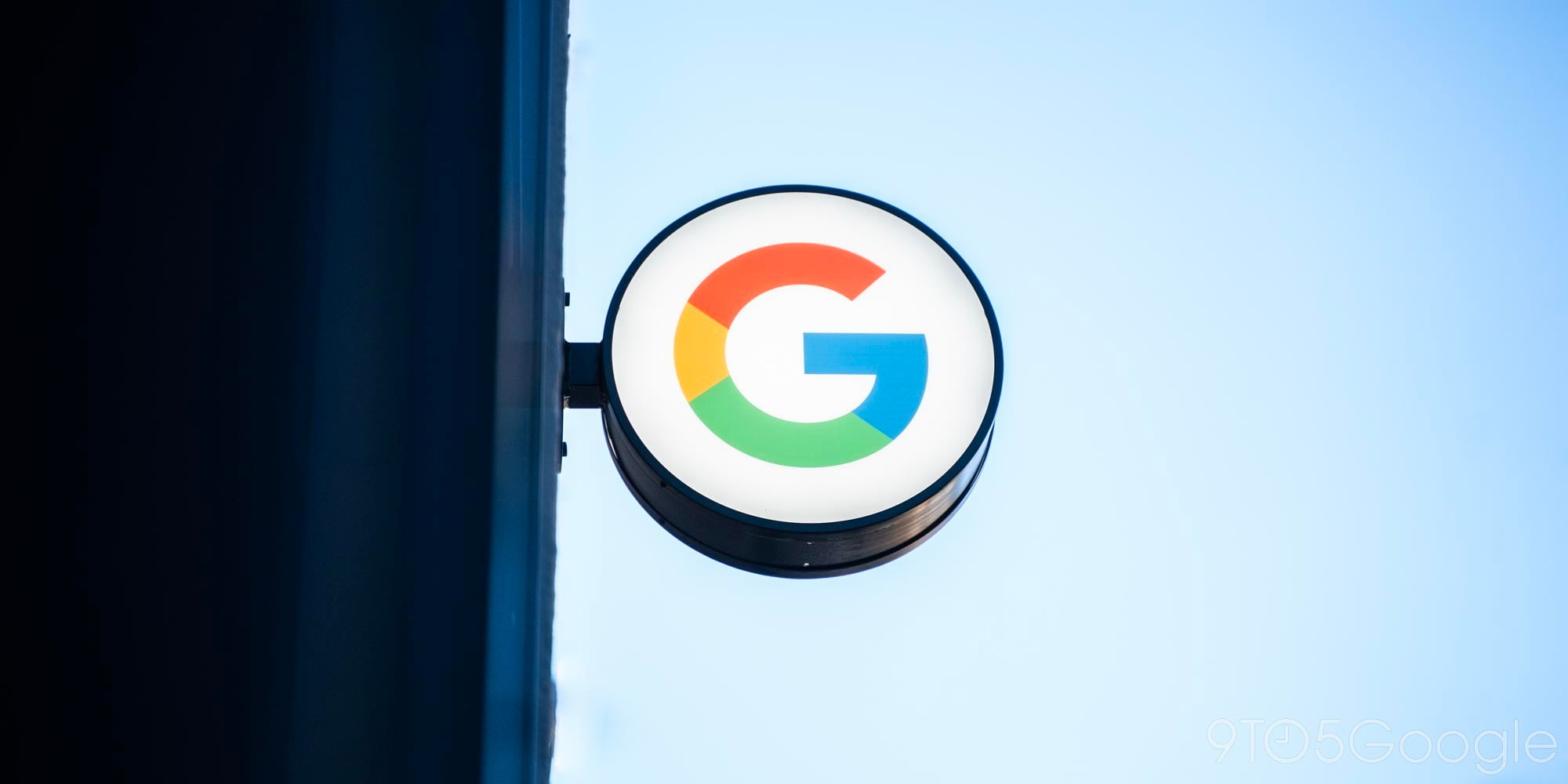

Update (11/18 12:55pm): The new Nest Cam 3-pack bundle (and a 4-pack!) is now available on Amazon.
Nest Cam, the smart security camera that Google acquired and rebranded under its Nest company after acquiring Dropcam last year, is one of the best of these new breed of Wi-Fi connected, smartphone-controlled home security products. Today Nest is making decking out your home even easier and more affordable with a new 3-pack bundle of Nest Cams that will allow you to save $100 over the normal retail cost of individual units.
The new Nest Cam bundle will sell for $497, representing a $100 total savings on the bundle when considering Nest Cam on its own will run you $199 each (or $185 each currently on Amazon).
I took the Nest Cam for spin in recent months following its launch, and despite a few software shortcomings that Nest will inevitably catch up to in future releases, I overall had an excellent experience with the device and recommended it to just about everyone except diehard HomeKit users.
The new 3-Pack Nest Cam bundle will be available this week online for $497, as well as retail stores including Home Depot and Best Buy.


Tony Fadell, often called the “father of the iPod” and now CEO of Alphabet’s Nest, appeared on Bloomberg TV today to discuss his time at Apple, his current effort in the connected home industry and the future of mobility. He briefly talked about Google’s self-driving car project and confirmed he spent some time in the vehicles. He compared the experience to being driven by a “professional driver”.
Expand
Expanding
Close

It’s certainly not the only connected-security camera, but following Google’s acquisition of popular security cam maker Dropcam last year, the company has just launched a second-generation product with new features. The new product was re-envisioned by Google’s Nest team— the people building smart home accessories like the Nest thermostat and fire alarm— and in the process dropped the Dropcam branding and gained a few notable enhancements.
But is the new Nest Cam worth an upgrade from your current Dropcam setup? And how does the product compare to the other connected home security-cam and all-in-one security devices on the market? We’ve been testing out Nest Cam since its release a few weeks back to find out.
Expand
Expanding
Close


Google’s recent reorganization under its parent company Alphabet Inc. will bring about several changes for its smaller startup companies, the Wall Street Journal reports. Those smaller companies, such as Nest, are known as “bets” in Alphabet and will have a significantly higher amount of freedom than before.
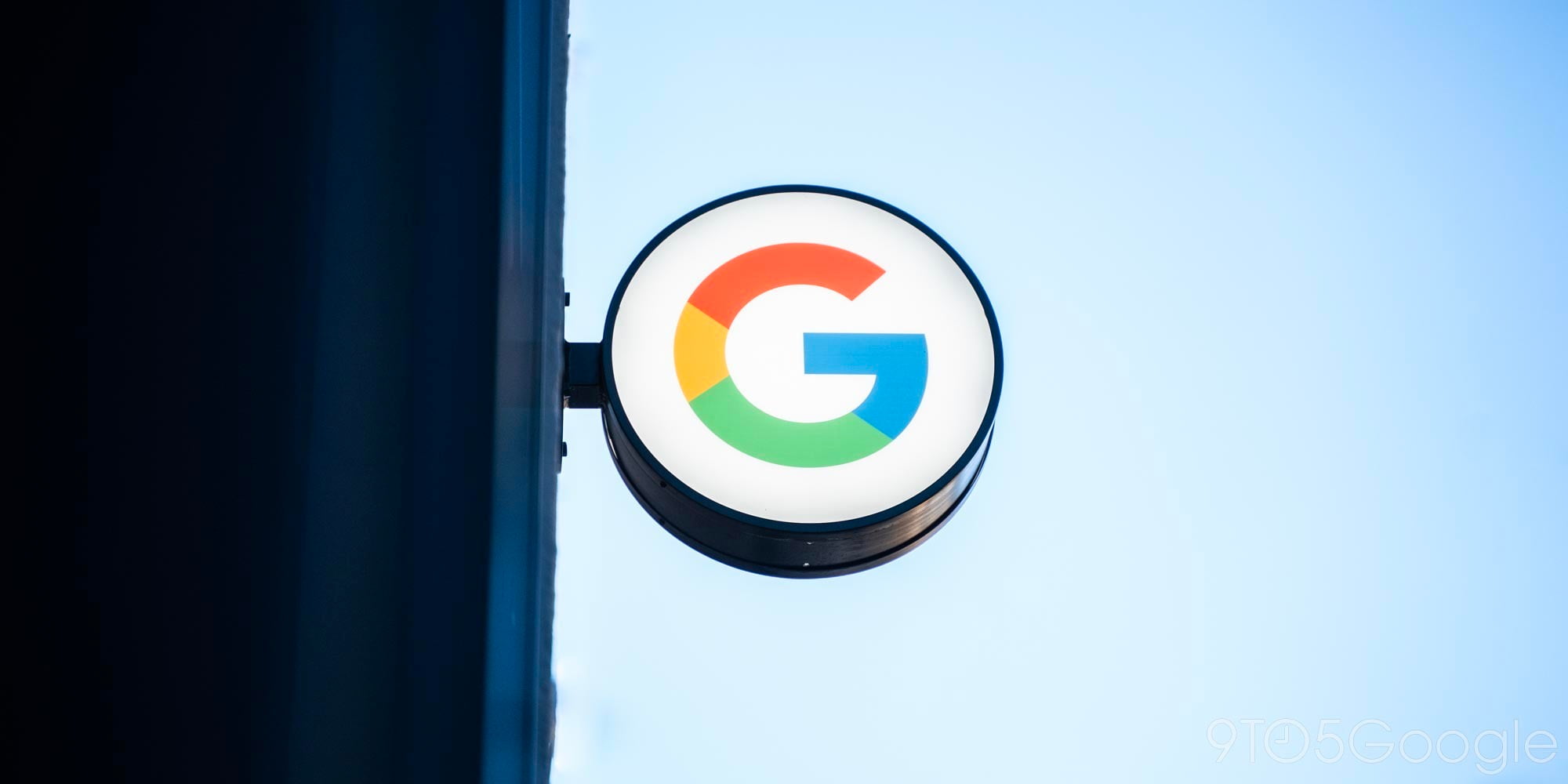
Nest Weave, the communications protocol that Nest uses to make its connected home devices talk to each other, definitely isn’t new. But as of today, Nest is making it part of its Works with Nest program so that third-party hardware makers and developers can use the protocol in their own products…
Expand
Expanding
Close
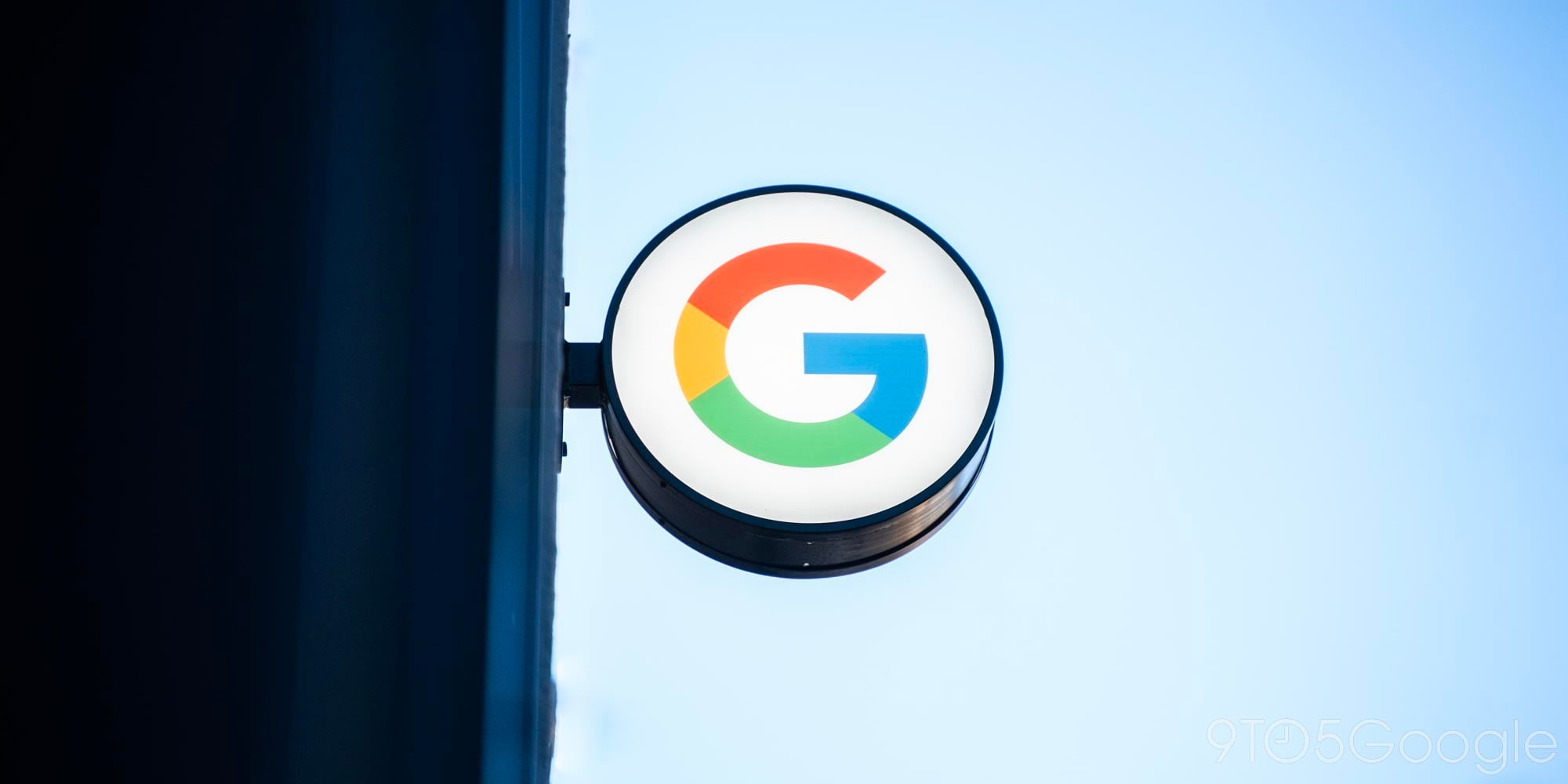

Tado, Europe’s main Nest competitor in the smart thermostat field, has announced two new enhancements to its system. First, multi-room temperature control, allowing different temperatures to be set in different rooms. Second, support for IFTTT recipes to automatically trigger other actions based on Tado detecting people arriving or leaving the home.
For homes that already have different heating devices in different rooms, such as underfloor heating, adding a second thermostat is all you need for the multi-room control. Most of us, though, will need a new smart radiator valve that won’t be available until next fall.
IFTTT support – first promised back in March – has been added from today. This can do things like automatically switch on your alarm when the last person leaves your home, and turn on lights when someone returns.

If you’re considering Tado, you may want to check out my review over at 9to5Mac.
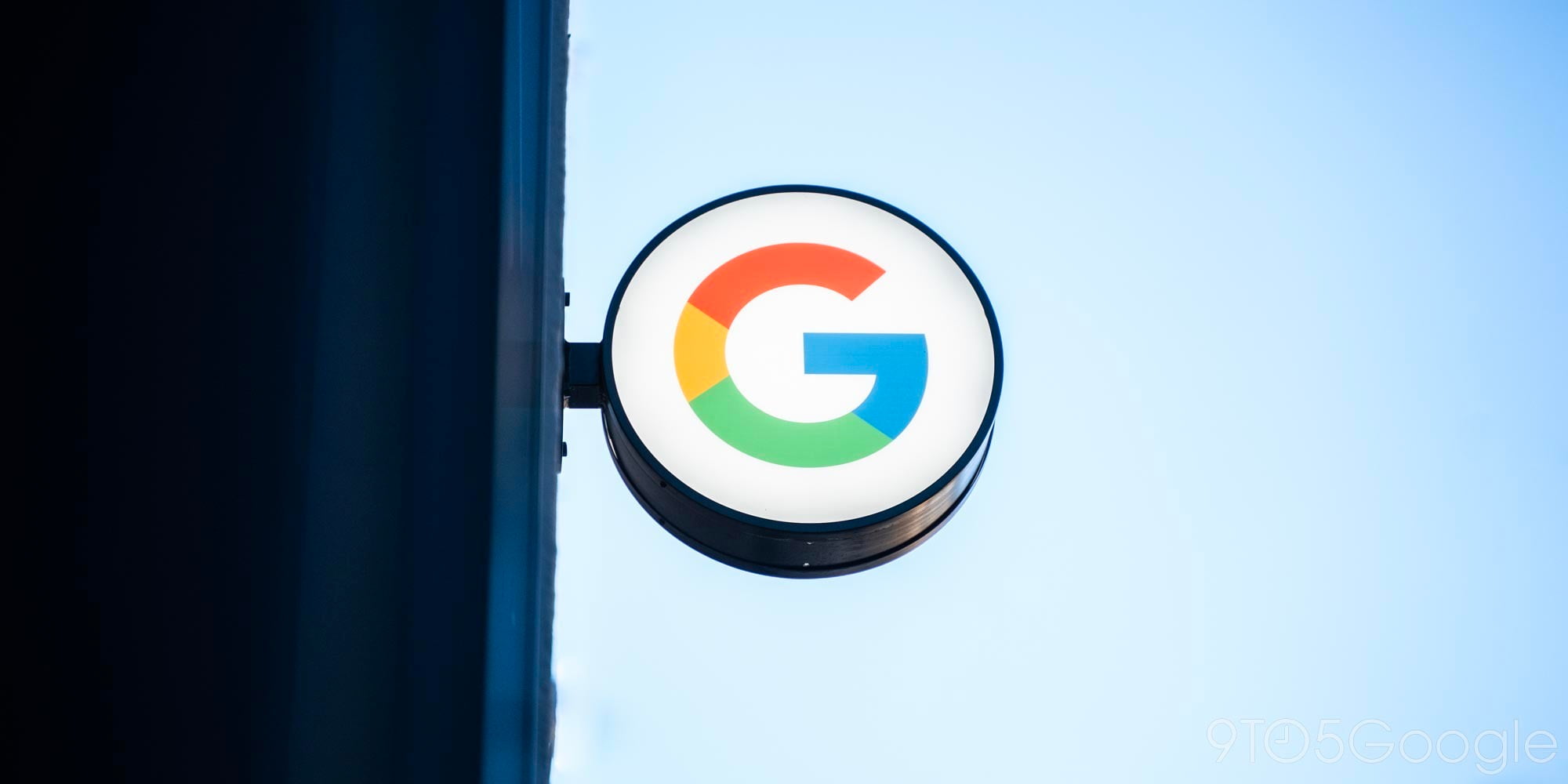

By now, Nest’s story is quite well known: founder Tony Fadell left Apple after co-inventing the original iPod, founding Nest to re-imagine neglected home devices with modern designs and features. Nest started with the Nest Learning Thermostat, which made HVAC programming and remote management easy — really for the first time — then released the Nest Protect smoke and carbon monoxide alarm, and after acquiring Dropcam, the Nest Cam home security camera. Now owned by Alphabet and linked to Google, Nest has closely followed Apple’s strategy of refined iteration upon past designs, releasing the Nest Learning Thermostat 2nd Gen and Nest Protect 2nd Gen as modestly but meaningfully tweaked sequels to address rough edges and omissions.
Yesterday, the company announced and released the Nest Learning Thermostat 3rd Gen ($249), which looks familiar at first glance. Still shaped like a metal-clad circle, Nest’s latest Thermostat is a hint thinner than its predecessors, yet sports a larger, higher-resolution screen that can optionally be used as an analog or digital clock. As a satisfied user of the 2nd Gen Thermostat for my home’s downstairs heating system, I bought the 3rd Gen Thermostat to replace the old control panel I had upstairs. Here are my thoughts on Nest’s latest product…


A week ago we reported that Google’s, err, Alphabet’s Nest had a new smart thermostat in the works per FCC filings, and today Nest is ready to unveil its 3rd-gen Learning Thermostat. Nest already automates heating and cooling, offers remote access, and aims to lower energy costs, so what’s new in the third version? The already sleek designed Learning Thermostat now has a bigger and sharper display that looks even better and it’s gained some new smarts behind it.
Expand
Expanding
Close

Nest, the Alphabet company focused on building Internet of Things (IoT) products for the home that was acquired last year by Google for $3.2 billion, looks to be close to introducing an updated Nest Thermostat. That comes from an FCC regulatory filing first spotted yesterday by Business Insider.

 With the announcement that Google has completely reorganized its entire business under a new parent company called Alphabet, there are still many questions floating around about what products belong with what companies now.
With the announcement that Google has completely reorganized its entire business under a new parent company called Alphabet, there are still many questions floating around about what products belong with what companies now.
Thanks to Google’s SEC filing, we’ve got some answers on that front.


Nest founder and former Apple iPod lead designer Tony Fadell has intimated in a BBC interview that the decision to make an early version of Google Glass available for public sale may have been a mistake.
He said that while Google has always launched beta versions of its products and gathered feedback from users, there was a very big difference between software and hardware.
If you are only doing services based on electrons, you can iterate quickly, test it, and modify it and get it right. But when you are dealing with actual atoms – hardware – and you have to get manufacturing lines and it takes a year or more to develop that product, you better understand what it is and what it’s trying to do and specifically what it’s not going to do.
Customers have to spend money to buy those atoms. They want something that delivers value or you end up with a real disappointment and you can spoil the market.
He was, however, “very bullish” about the product, and believes it has a big future …
Expand
Expanding
Close
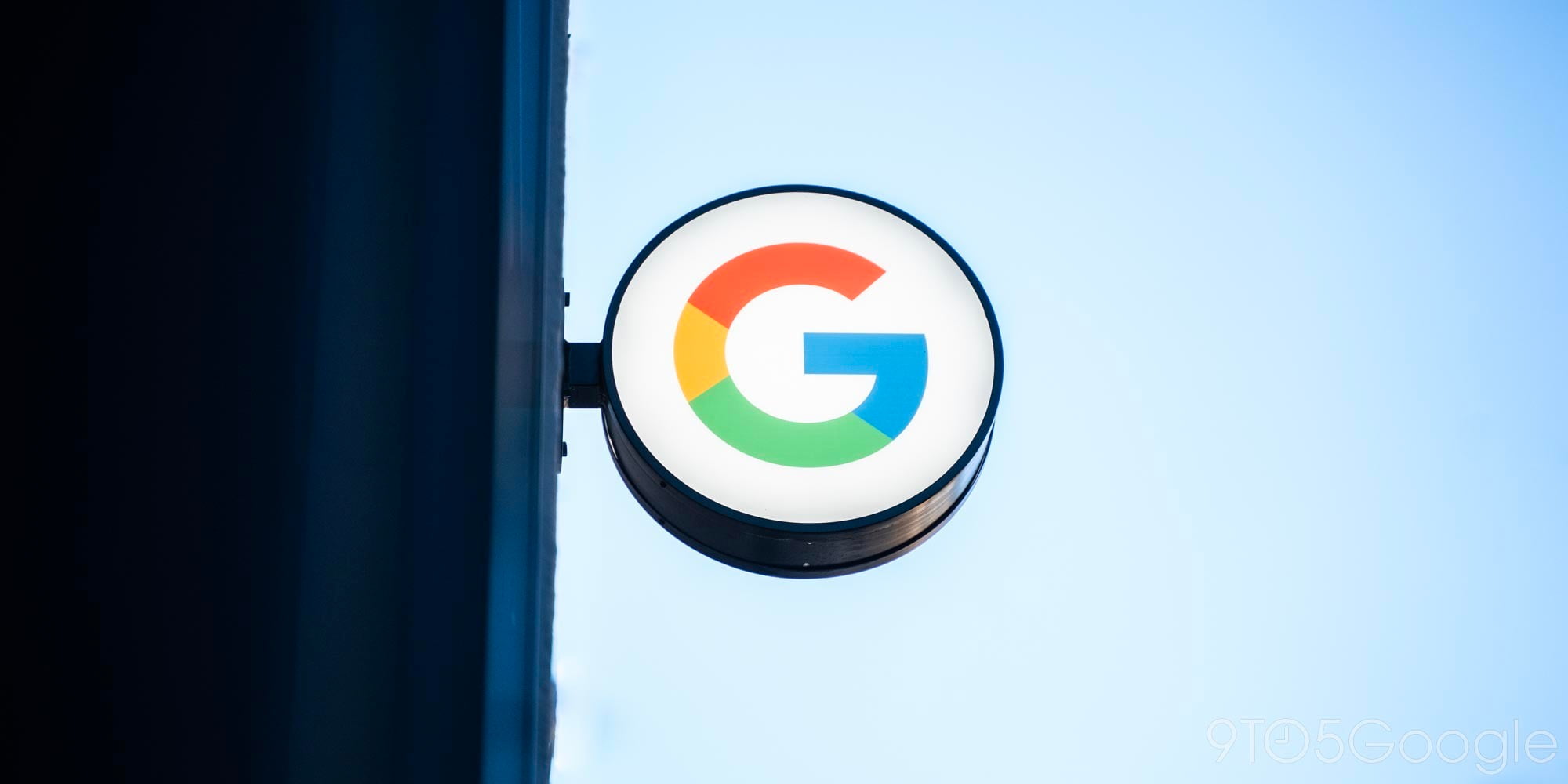

The 2nd generation Nest Protect has only been available in Canada and the United States since its launch, but Google today added five new countries to the product’s availability list on the Google Store. As of today, customers in Belgium, Canada, France, Ireland, Netherlands, United Kingdom, and the United States (except Puerto Rico) can purchase Nest’s new CO2 detector.
In case you missed it, Nest unveiled the new Nest Protect last month, and with it comes a new split spectrum sensor to detect different kinds of smoke, a new smoke chamber to prevent false positives, new software features, and the opportunity to get a discount on home insurance. It’s available on the Google Store and from Nest.com for $99 (although currently out of stock through the former).
https://www.youtube.com/watch?v=METDdcmklVE

Google has expanded availability of its new Nest Cam product to more countries after officially unveiling the device last month. Starting today, customers in Belgium, France, Ireland, Netherlands, & United Kingdom will be able to pick up the device through the online Google Store. Google previously launched the device for customers in Canada and United States through its online store.
The product, alongside other new Nest products shown off in June, are the fruits of Google’s acquisitions of smart thermostat maker Nest and connected security camera company Dropcam last year. Nest Cam offers a lot of what made Dropcam cameras popular, offering 1080p HD video, 130-degree field of view, 8 infrared LEDs, night vision video support, companion mobile apps, and cloud recording and video history through a subscription service.
Nest Cam is available for $199 USD from the Google Store.

Keep up with the best gear and deals on the web by signing up for the 9to5Toys Newsletter. Also, be sure to check us out on: Twitter, RSS Feed, Facebook, Google+ and Safari push notifications.






Take 20% off GoPro’s HERO4 Black 4K Action Camera: $399 (Reg. $500) http://t.co/b0zCGYoPs5 pic.twitter.com/nkJA1OXOAx
— 9to5Toys (@9to5toys) June 22, 2015
Free Redbox video game rental http://t.co/b0zCGYoPs5 pic.twitter.com/FhSnrY4XSQ
— 9to5Toys (@9to5toys) June 22, 2015




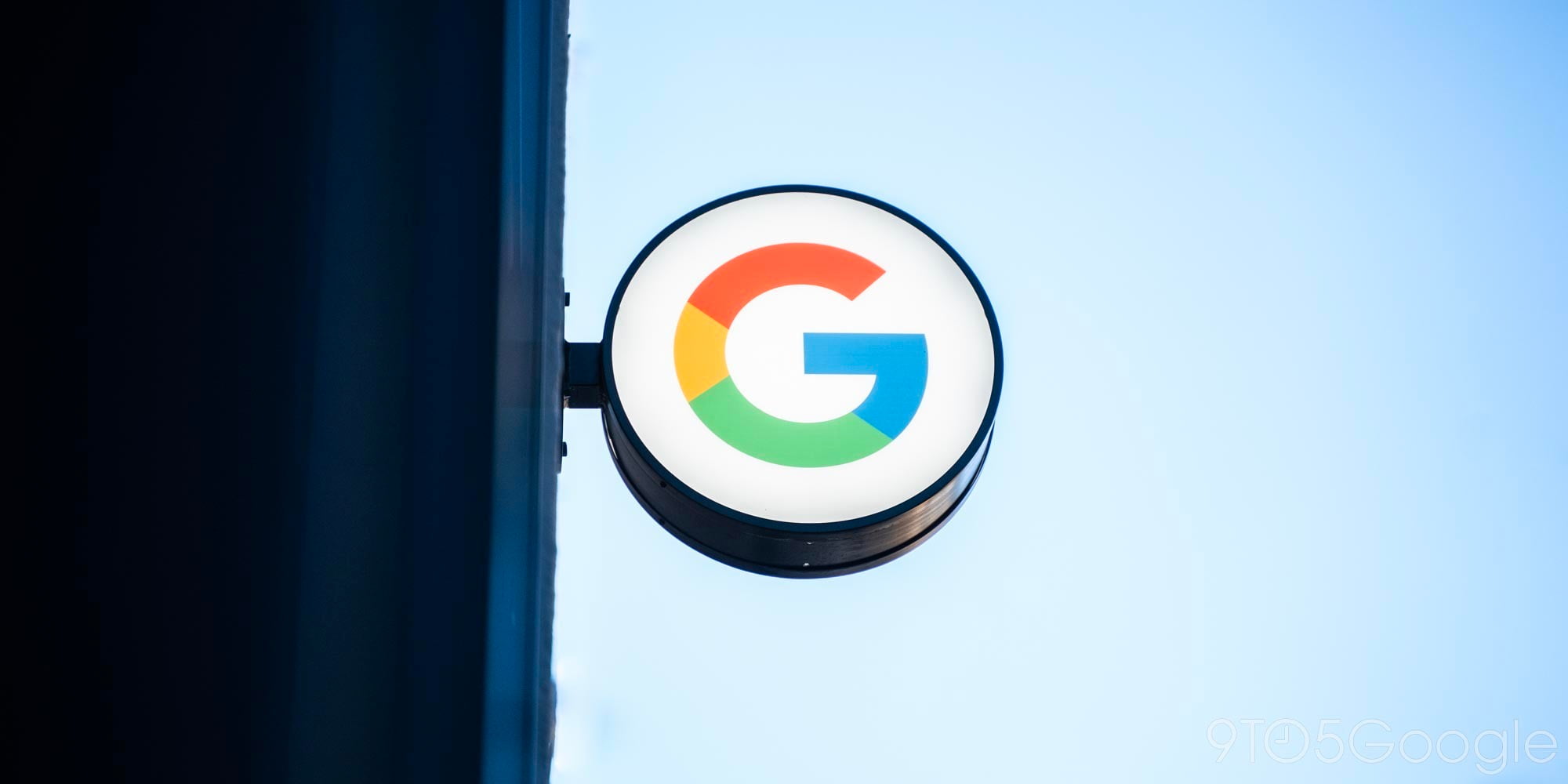
Keep up with the best gear and deals on the web by signing up for the 9to5Toys Newsletter. Also, be sure to check us out on: Twitter, RSS Feed, Facebook, Google+ and Safari push notifications.












Keep up with the best gear and deals on the web by signing up for the 9to5Toys Newsletter. Also, be sure to check us out on: Twitter, RSS Feed, Facebook, Google+ and Safari push notifications.











